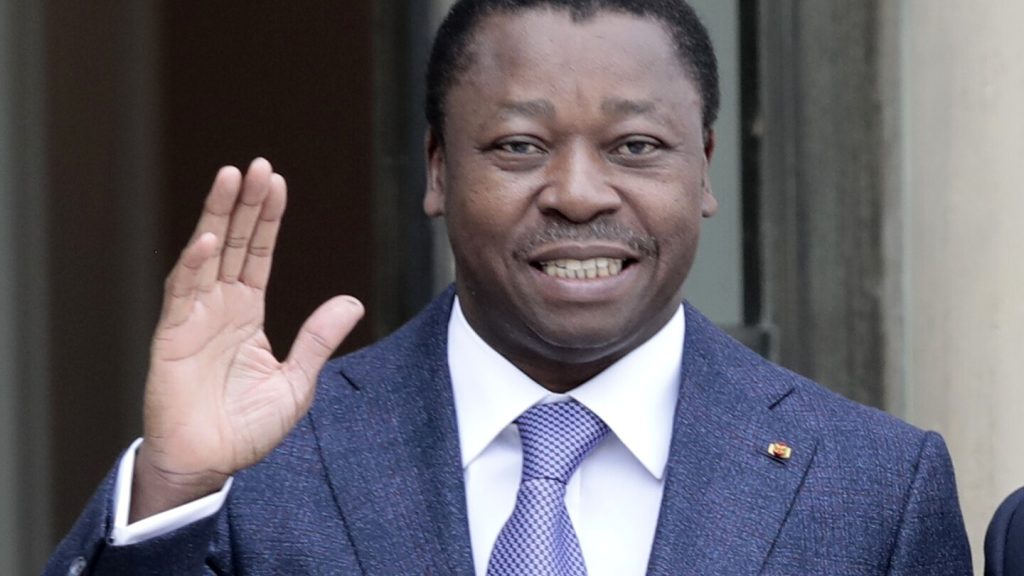Togo’s government has declared a planned three-day protest over the arrest of opposition figures and new legislation illegal. The interior and security ministries stated that the protests could disturb public order. The government also postponed parliamentary elections until April 29, leading to heightened tensions in the country. Despite this, the opposition coalition is considering moving forward with the rallies.
Nine opposition activists were arrested last week for engaging in political activities at a market but were released on Tuesday evening. The public prosecutor’s office claimed they were arrested for disturbing public order. Those arrested spoke out against the arbitrary and abusive nature of their detention. The proposed constitution, which grants parliament the power to choose the president and eliminates direct elections, has sparked opposition and clergy concerns, as it is perceived as a way for President Faure Gnassingbe to prolong his rule.
With the potential for Gnassingbe to be reelected when his mandate expires in 2025, the opposition and international organizations like Amnesty International fear that the country may face a repeat of deadly past protests. Togo has been ruled by the same family for almost 60 years, initially by Eyadema Gnassingbe and now by his son Faure Gnassingbe since 2005. While some legal experts argue that the constitution could limit the power of future presidents, the opposition is concerned that it could be a way for Gnassingbe to extend his rule through a new role introduced by the legislation.
Previous opposition protests in Togo in 2005 and 2017 have resulted in hundreds of casualties, displacements, and exiles. The government’s responses to these protests have been described as firm, forceful, and heavy-handed, causing fear and mistrust among the populace. Despite bitter experiences from the past, it is unclear how the people will respond to the opposition’s call for protests. With uncertainties surrounding the political situation in Togo, the opposition continues to advocate for democratic processes and transparent governance, while the government faces scrutiny for its handling of dissent and potential consolidation of power.


